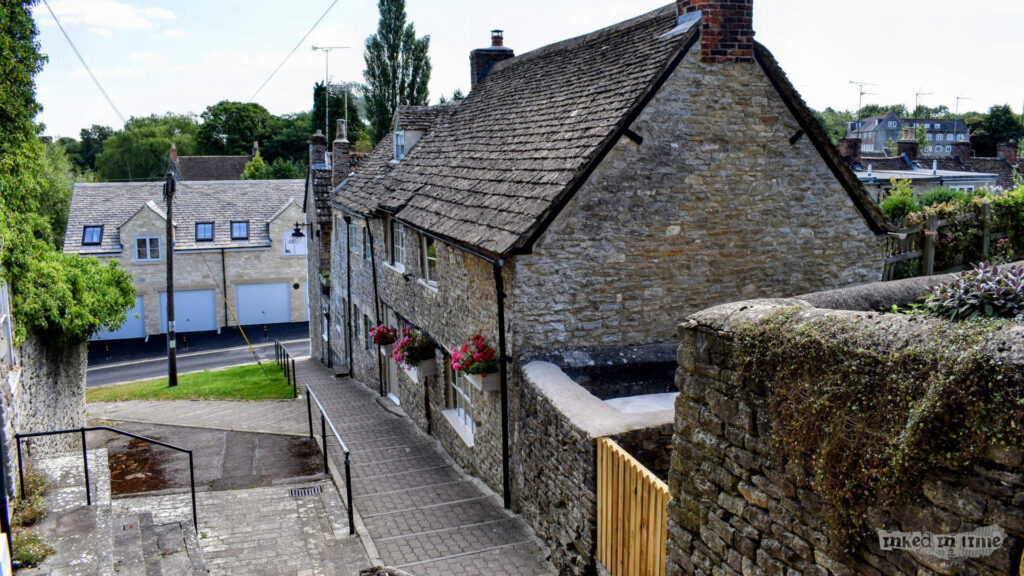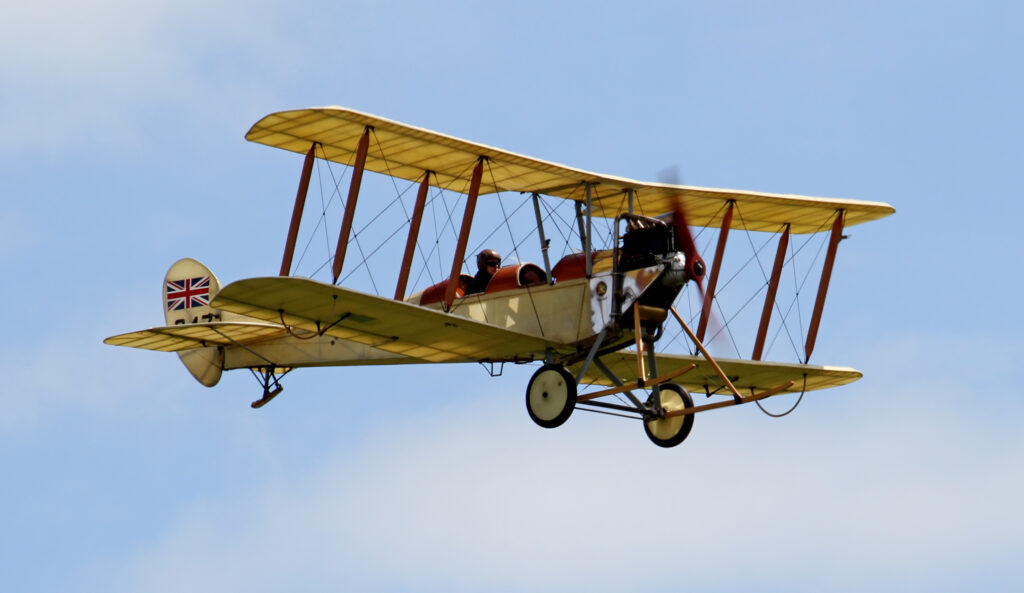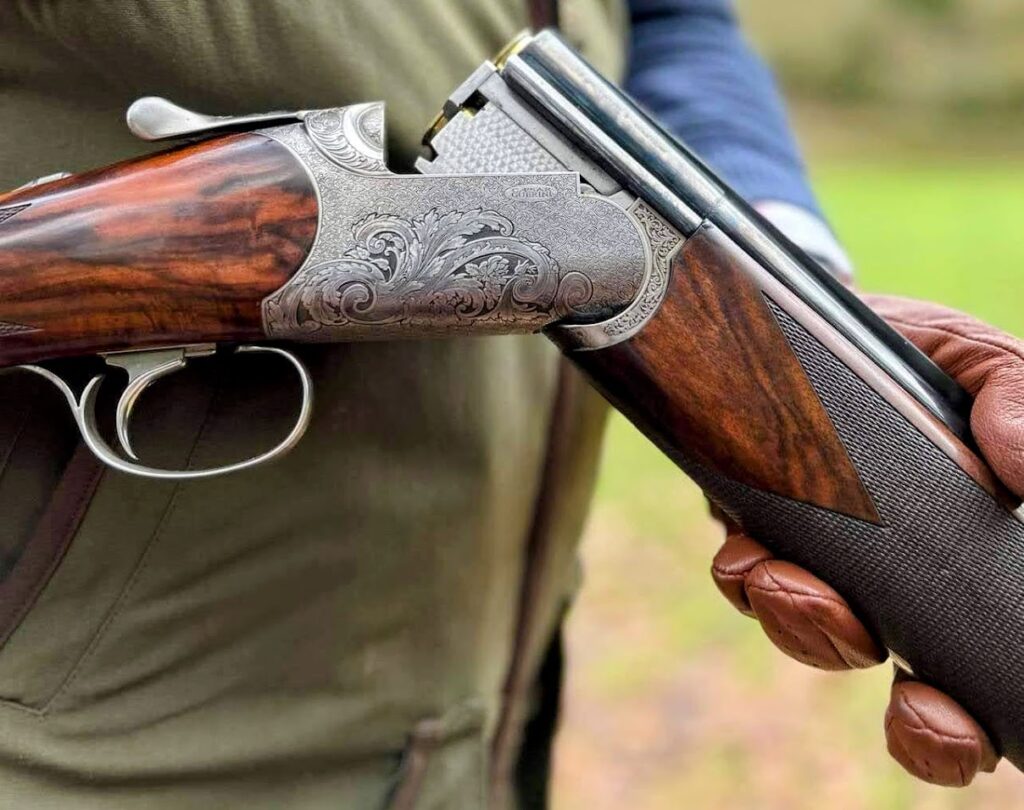15 August 1924 – Francis Joseph Henry Rice
We’ve used Artificial Intelligence to amplify whispers of the past into incredibly life-like voices. We think it’s the most interesting way to explore the articles on this site. Play the video to listen.
Read the article
From the North Wilts Herald on Friday the 15th of August 1924
At the Town Hall, Malmesbury, on Monday Mr. A. L. Forrester (coroner for North Wilts) held an enquiry concerning the death of Francis Joseph Henry Rice, aged 53 years, of 7, Back Hill, Malmesbury, a stoker at the Gasworks, who died in the Cottage Hospital on Saturday morning. Mr. W. Abbott was foreman of the jury.
Joseph Henry Rice, son of deceased, having given evidence of identification, Dr. R. C. Pitt stated that Rice was admitted into the hospital on Saturday morning to undergo a surgical operation. While the patient was under an anaesthetic he suddenly stopped breathing. Artificial respiration was tried, oxygen administered, injections of strychnine and the other usual remedies were used, and finally the heart was massaged, but without success. Everything was done to bring about the man’s recovery. A similar operation had been performed on the man within the last twelve months—on two occasions at Bristol Royal Infirmary.
Dr. R. W. Moore deposed he administered the anaesthetic, using alcohol, chloroform and ether. This was the ninth occasion on which witness had given Rice an anaesthetic during the past twelve months for the same purpose. All the usual precautions were taken. The man had been under the anaesthetic from five to ten minutes, and the short operation had been performed, and witness had stopped giving him the anaesthetic for about a minute, when the patient’s breathing ceased. Artificial respiration was tried for 40 minutes. Witness had administered anaesthetic in over 3,000 cases.

The Son Quite Satisfied.
Deceased’s son, who, at the end of his evidence, wished to ask a question as to whether a second anaesthetic was administered, now said he did not want to put any question. He was quite satisfied with the medical evidence.
Dr. T. W. Butler, of Sherston, gave evidence that he had that day, at the request of the Coroner, made a post-mortem examination. Death was due to heart failure. The man’s heart being abnormal and flabby, and weighed 15ozs., whereas a normal heart should weigh 10ozs.
The Coroner explained to the jury that the man having died under an anaesthetic, an inquest was necessary for the protection of the public, and it was a matter of importance to the medical men concerned.
The verdict of the jury was in accordance with the medical evidence—that the operation was necessary and that Rice died when under an anaesthetic administered by a competent person.
Dr. Moore, on behalf of the Hospital Committee, expressed their regret at the occurrence and their sympathy with the relatives. This was the first case of the kind, he thought, which had happened since the hospital was opened about the year 1898.
More from Inked in Time
More from this section






